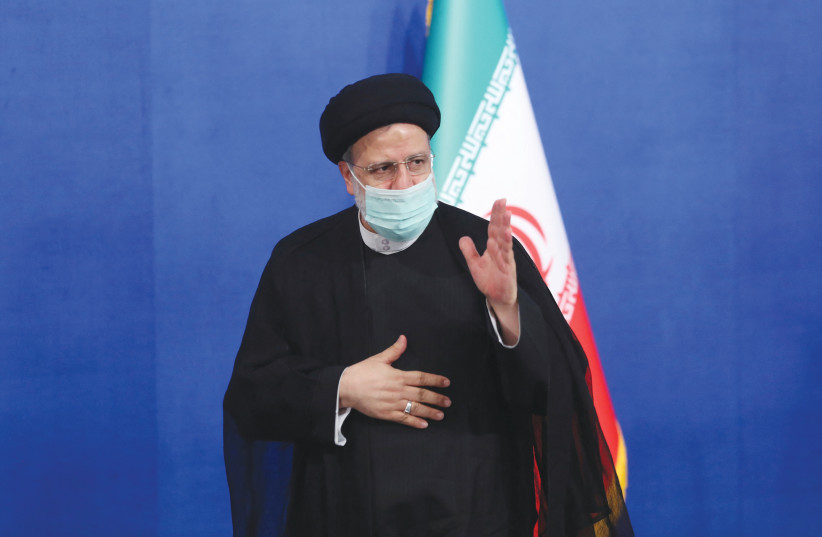North Korea has said that recent missile tests were a simulation of a nuclear attack. This news “comes as intelligence suggests North Korea is preparing to hold its first nuclear weapon test in five years,” according to the BBC. The country has also launched missiles in seven sets of recent tests.
North Korea has long been a threat to South Korea and security in Asia in general. Additionally, most US administrations have found that the country increases tensions on purpose in order to score points and get meetings with the West. This means that in some ways the recent North Korean tests were predictable.
However, talk of “tactical nuclear weapons” during the recent tests, appears to show that North Korea is learning from Russia’s threats to Ukraine.
Countries that have nuclear weapons or are developing them, like Iran, appear emboldened by Russia. This is because Western commentators have often adopted a narrative of fear regarding Russia’s threats to use nuclear weapons. Moscow preys upon fears and also western discussions about its invasion of Ukraine to push a narrative about the use of nuclear weapons.
Unprecedented use
The use of nuclear arms would be unprecedented, and responsible countries generally refrain from nuclear brinksmanship and threats. However, North Korea and Iran both appear emboldened by Moscow’s use of the nuclear threat.

North Korea’s talk of “nuclear” threats now appears throughout western media. No one is trying to deter Pyongyang from this talk; for instance, Moscow and Beijing don’t seem to care. In fact they seem to want North Korea to create tensions on the Korean peninsula.
China, meanwhile, is pleased to see some discussion in the West suggesting the US shouldn’t “risk” conflict over Taiwan. The latest person to wade into this discussion is Elon Musk, with comments about Ukraine and Taiwan. This appears to become a new theme in the West; the argument that chances of “nuclear war” is now escalating as long as the West stands with countries like Ukraine; or defends Taiwan. That means that although it is Moscow threatening the use of nuclear weapons; the West is portrayed as “escalating” if it stands with Kyiv.
Meanwhile, North Korea and Iran are paying attention to how this plays out. A Tuesday Reuters report said that Iran is “racing to expand enrichment at the underground plant.”
Clearly, Iran seems to think that as it faces protests at home its best avenue to protect the regime and cement it in power is to race toward nuclear weapons breakout. That means that Iran has judged that having those weapons can lead it to be able to threaten the region with the same blackmail that Moscow uses.
North Korea also sees the West’s reactions to Russia’s threats and wants to push its own envelope. This is a unique and unprecedented time for global security as a number of countries learn from eachother’s behavior and all are talking up nuclear threats.
